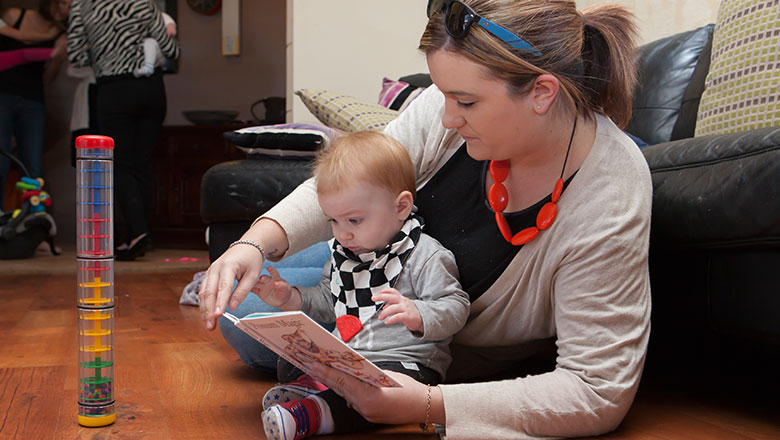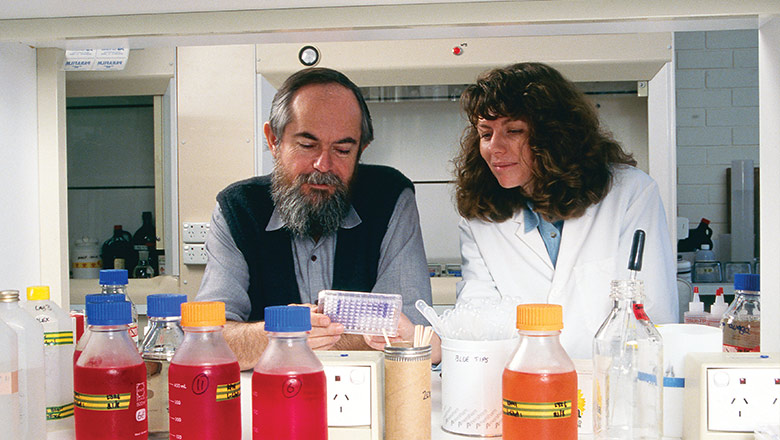Search
Showing results for "Au"
Research
Spotting sporotrichosis skin infection: The first Australian paediatric case seriesThese data highlight the importance of recognising Sporotrichosis in children outside an outbreak setting
Research
Role of viral and bacterial pathogens in causing pneumonia among Western Australian children: A case-control study protocolPneumonia is the leading cause of childhood morbidity and mortality globally.
Research
Invasive Infections Caused by Lancefield Groups C/G and A Streptococcus, Western Australia, Australia, 2000–2018Epidemiologic data on invasive group C/G Streptococcus (iGCGS) infections are sparse internationally. Linked population-level hospital, pathology, and death data were used to describe the disease burden in Western Australia, Australia, during 2000-2018 compared with that of invasive group A Streptococcus (GAS, Streptococcus pyogenes) infections.
Research
Body distribution of impetigo and association with host and pathogen factorsImpetigo or skin sores are estimated to affect >162 million people worldwide. Detailed descriptions of the anatomical location of skin sores are lacking.
Research
The burden of atopic dermatitis and bacterial skin infections among urban-living Indigenous children and young people in high-income countries: A systematic reviewA high burden of bacterial skin infections is well documented in remote-living Indigenous children and young people in high-income countries.

News & Events
Decades of bullying research pays offProfessor Donna Cross and her team at The Kids Research Institute Australia have challenged and overturned damaging attitudes that saw bullying tolerated in childhood.

News & Events
Building the best communities for early child developmentThe Kids Research Institute Australia's Australian Early Development Census has become the world's first proven and reliable measure of early childhood development.

News & Events
Switch on the immune system earlyFindings by Professor Pat Holt revealed researchers had been heading down the wrong path in their battle strategy against respiratory allergy and asthma.
Research
Is Streptococcus pyogenes resistant or susceptible to trimethoprim-sulfamethoxazole?Streptococcus pyogenes is commonly believed to be resistant to trimethoprim-sulfamethoxazole (SXT), resulting in reservations about using SXT for skin and...
Research
The microbiology of impetigo in Indigenous children: associations between Streptococcus pyogenes, Staphylococcus aureus, scabies, and nasal carriagePrevalence and antimicrobial resistance of impetigo pathogens in a randomised, controlled trial of impetigo treatment conducted in remote Indigenous communities
